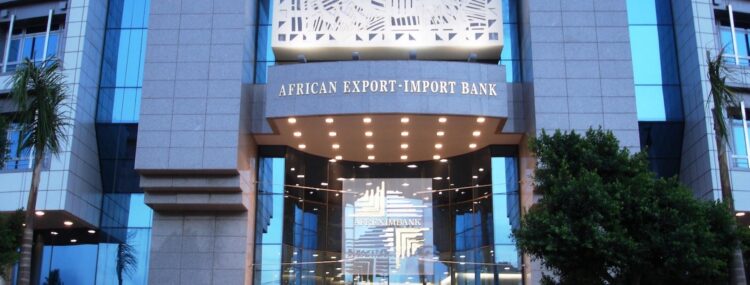According to a recent analysis by Afreximbank, analysts predicted that major banks in Nigeria will probably witness a fall in earnings this year, which is due to obstacles faced by the regulatory and market developments.
In the report, Nigerian banks especially, those dependent on foreign exchange, may suffer from a decline in their earnings as a result of the CBN’s orthodox policy, according to Businessday.
“Analysts anticipate major banks facing earnings contraction in 2024, highlighting the challenge of adapting to regulatory and market changes,” the report said.
It stated that the currency crisis in Nigeria has caused inflation to increase by as much as 31.7 percent in February, while devaluation of the naira and dependence on imports have made basic goods more costly for a large number of people.
The report added: “Despite central bank efforts, high demand for dollars persists, hampering monetary policy effectiveness. To address this, the government must enact reforms to boost exports and attract foreign investment.
“Regulation of parallel market Nigeria continues to tighten regulations on street trading of FX while raising the capital requirements for bureau de change operators to stabilise the FX market.”
Nigeria plans to join Brazil, Russia, India, and China (BRICS) to strengthen its relationship with Russia.
According to the report, Nigeria plans to join Brazil, Russia, India, and China (BRICS) to strengthen its relationship with Russia.
“Officials hinted on this move in 2023 emphasising that Nigeria’s intention to join BRICS would not be influenced by Western powers.
“As Ramadan starts, Nigeria faces over 35 percent food inflation. Despite government efforts like distributing aid and releasing grain reserves, prices continue to rise sharply, with staple foods jumping by 50-100 percent in a month,” Afreximbank said.
Afreximbank said the increase in demand due to Ramadan may exacerbate this problem as farmers abandon their fields and disrupt food supplies further, while also noting that insecurity, particularly in Northern Nigeria, is compounded by these challenges.
















